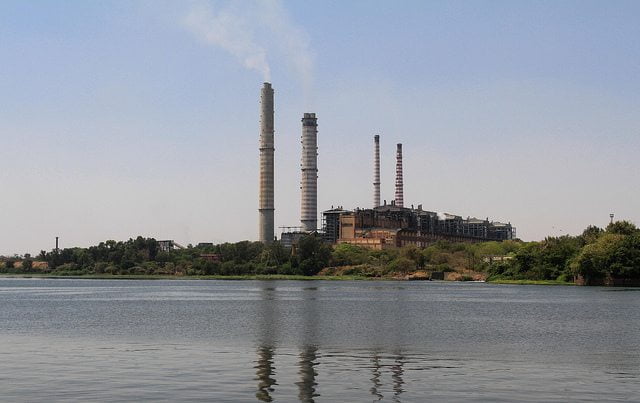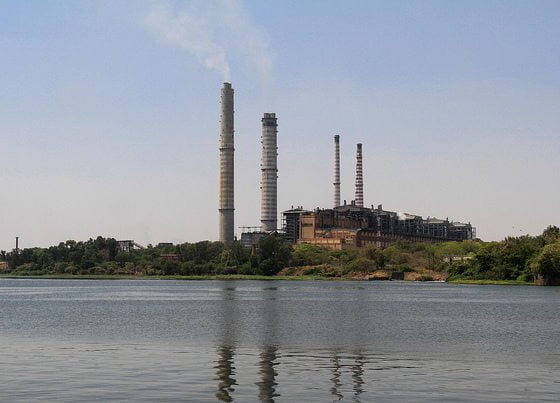

Economy
India to fund renewable projects by doubling tax on coal
India’s new finance minister, Arun Jaitley, has announced plans to increase funding on India’s vast clean energy and environmental projects, by doubling the tax on every metric tonne of coal.
The decision will be welcome news to financers struggling to maintain India’s ambitious environmental projects, which now include the cleaning of India’s larger, heavily polluted rivers, like the Ganga, which supply the majority of India’s irrigation canals with water.
Vast clean energy developments, like canal systems covered in solar panels, the world’ largest solar power parks and the development of four ultra-mega solar power plants, will need heavy state funding and support – primarily from India’s National Clean Energy Fund.
In line with this, India have also committed funds to the development of an international sustainability bank, set up by the BRICS group, made up of Brazil, Russia, India, China and South Africa, with the aim of supporting sustainable energy and infrastructure improvements throughout the developing world.
The government has also announced its intention to invest $67 million (£39m) in installing 100,000 solar powered irrigation sets and water pumping stations across the country – while dedicating a further $17 million (£9m) to president Modi’s environmental project – solar topped waterway canals.
India still retains a high appetite for coal, both importing and exporting it, suggesting the revenue stream the government is expected to gain by doubling the tax on the industry will be huge. According to some estimates, this could be up to $1.2 billion (£650m) during a period of 12 months, with this figure rising as India’s use of the resource increases – as it has been for several years.
These projects come as testimony to India’s resolve in developing its dire energy situation – with Modi pledging to supply the 400 million Indian households currently living without electricity, with solar power by 2019.
Greenpeace has also recently announced support for solar energy independence for small villages and towns in India.
The green group attended a ceremony in Bihir with partners BASIX and CEED, where they launched a solar-powered micro-grid. The grid will supply more than 2,400 residents, 450 homes, and 50 commercial operations, including two schools and a health care facility.
Kumi Naidoo, Greenpeace International executive director, said, “Today we have shown how the hundreds of millions of people around the world who are living without reliable electricity supplies can leap into the future by powering their communities with sustainable solar power.”
Photo Source: carol mitchell
Further Reading:
India’s renewable energy ministry plans to boost solar power output
India’s new prime minister says every home will have solar power by 2019
India plans to build ‘world’s largest’ floating solar power plant
BRICS: $100bn sustainable development bank launched by world’s largest developing economies


 Environment12 months ago
Environment12 months agoAre Polymer Banknotes: an Eco-Friendly Trend or a Groundswell?

 Features11 months ago
Features11 months agoEco-Friendly Cryptocurrencies: Sustainable Investment Choices

 Features12 months ago
Features12 months agoEco-Friendly Crypto Traders Must Find the Right Exchange

 Energy11 months ago
Energy11 months agoThe Growing Role of Solar Panels in Ireland’s Energy Future




























